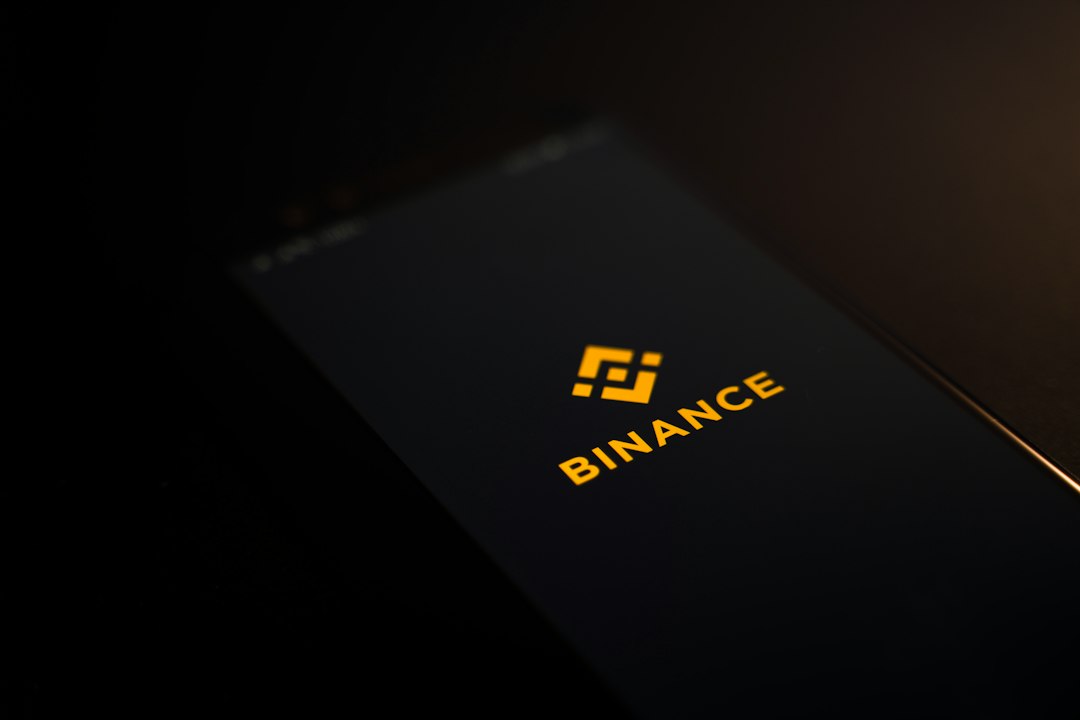Bitcoin Core Developer Identifies Vulnerability
According to Bitcoin core developer Luke Dashjr, a vulnerability in Bitcoin Core is being exploited by “Inscriptions” to spam the blockchain. This issue will be addressed in the upcoming v27 update, resulting in the discontinuation of Ordinals and BRC-20.
Luke Dashjr Explains the Issue
Dashjr explains that Bitcoin Core has had a setting called “-datacarriersize” since 2013, allowing users to set limits on extra data size in transactions. However, Inscriptions have found a way to bypass this limit by disguising their data as program code.
This bug has been fixed in Bitcoin Knots v25.1, but the vulnerability remains in the upcoming v26 release of Bitcoin Core. Dashjr hopes for a resolution before v27 is released next year.
Miners’ Concerns and Dashjr’s Response
Miners and users of ordinals and BRC-20 have expressed concerns about losing income if these features cease to exist. Dashjr assures that Bitcoin operates based on consensus among honest miners who prioritize the security of the blockchain. He also notes that spam-filtered blocks tend to have higher fees.
Crypto Community Reacts
The crypto community has criticized the decision to end support for ordinals and BRC-20 next year. Many believe that developers should not have complete decision-making power over Bitcoin, emphasizing its difference from Ethereum. The introduction of ordinals and BRC-20 had initially boosted miners’ profits.
Despite attempts by developers to address the issue, inscriptions continue to impact the Bitcoin blockchain and disrupt transactions.
Hot Take: Discontinuation of Ordinals and BRC-20 Raises Concerns
The decision by Bitcoin Core developers to discontinue support for ordinals and BRC-20 has sparked controversy within the crypto community. While addressing a vulnerability, this move has raised concerns among miners who fear a loss of income. Luke Dashjr, the Bitcoin core developer, assures that the decision is in line with maintaining the security and integrity of the blockchain. However, critics argue that developers should not have complete control over Bitcoin’s future. This development highlights the ongoing debate surrounding governance and decision-making in decentralized cryptocurrencies.





 By
By
 By
By
 By
By
 By
By
 By
By